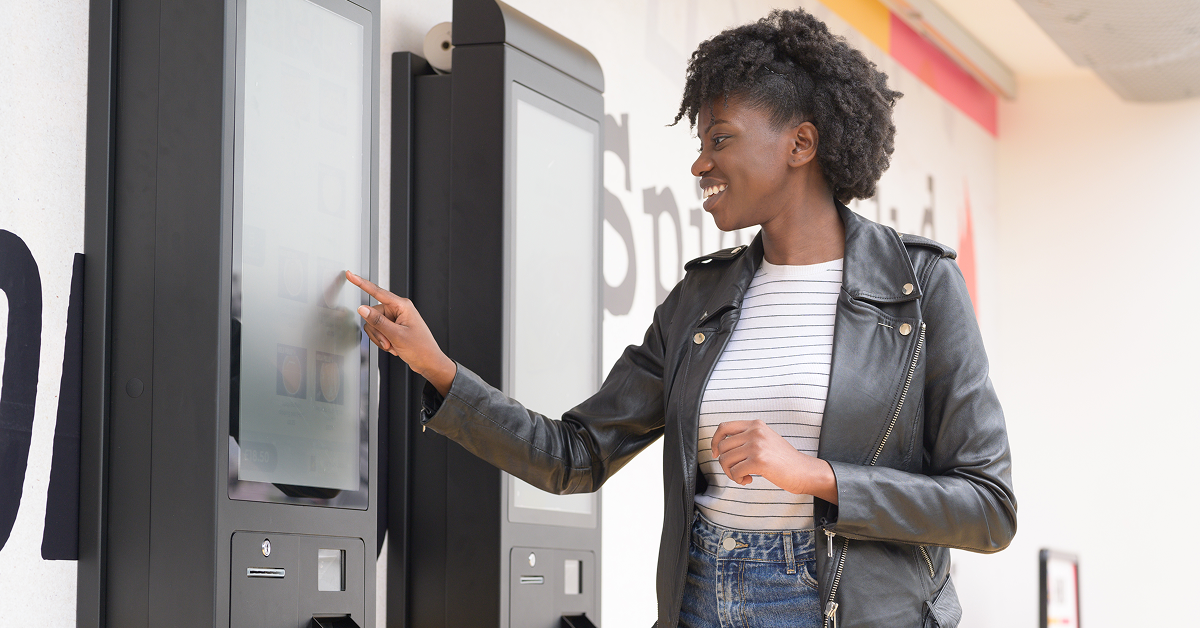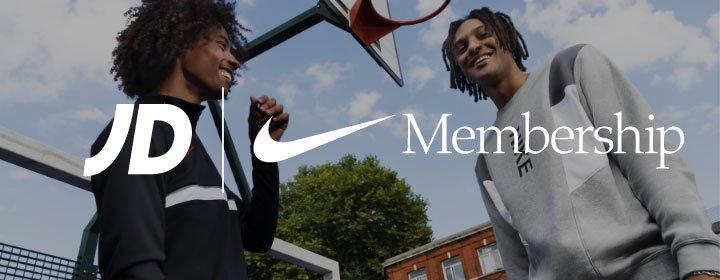
Justin Madders MP visits Evoke Creative following record growth
Last week, we had the pleasure of welcoming Justin Madders MP, Minister for Employment Rights and...
From 28 June 2025, the European Accessibility Act (EAA) introduces new legal requirements for accessibility across digital services and products, including self-service kiosks.
This legislation is designed to ensure that people with disabilities can access essential everyday services independently. For businesses using kiosks in customer-facing environments, the EAA sets clear expectations for how those interactions must be designed.
 Self-service kiosks have become a staple in sectors like retail, hospitality and restaurants, helping businesses speed up service, reduce pressure on staff and improve flow. As kiosk use grows, so does the need to ensure they’re accessible to everyone, without assistance.
Self-service kiosks have become a staple in sectors like retail, hospitality and restaurants, helping businesses speed up service, reduce pressure on staff and improve flow. As kiosk use grows, so does the need to ensure they’re accessible to everyone, without assistance.
Under the EAA, accessibility must be built in from the start. That includes hardware, software and user interface design working together to support independent use.
Around 87 million people in the EU live with a disability. That's one in five individuals. The EAA is designed to ensure that digital services, including self-service kiosks, are usable by everyone, regardless of ability.
To meet compliance standards, kiosks will need to provide:
These requirements follow the Web Content Accessibility Guidelines (WCAG), helping align both digital and physical user journeys.

Whether you’re running digital check-in for hotels, ordering points in quick-service restaurants, or self-service browsing in retail stores, the legislation applies to any business offering digital interaction in the EU.
While the impact of the EAA will vary by sector, the expectations for self-service kiosks are clear. Here’s how compliance could apply across hospitality, retail and restaurant settings:
 Hotels
HotelsFor hotels using digital check-in, accessibility features need to be built into both the physical setup and the software. Kiosks should be positioned at an appropriate height, provide audio output or headphone access, and offer input methods that don’t rely solely on touch. These design choices allow guests with visual, hearing or mobility impairments to check in without assistance.
In retail settings, accessibility means ensuring product-browsing kiosks are simple and intuitive to use for everyone. Interfaces should support screen readers, offer high-contrast text and visuals, and allow customers to navigate the full journey, from search to payment, independently and with confidence.
In fast-paced restaurant environments, particularly quick-service formats, ordering kiosks must guide users clearly from start to finish. This includes menu navigation that is easy to follow, support for assistive tech, and a payment process that’s accessible to all. Confirmation screens and order summaries should be clear, accurate and easy to interpret.
Whether you’re based in the EU or serve customers across EU markets, these requirements still apply. If your products or services cross borders, compliance with the EAA will be essential, not only to meet legal standards but to deliver a consistent and accessible experience to every user.
Accessibility is built into our design at Evoke Creative. Our software is already compliant with the European Accessibility Act, which means clients rolling out kiosks post-EAA can move forward with confidence.
For new deployments, our UX and engineering teams continue to prioritise inclusive functionality, including screen reader compatibility, audio prompts and interface contrast are all standard. Hardware can also be configured to support compliant, independent use across different environments, from fast-moving retail settings to quieter hotel lobbies.
All Evoke kiosks can be fitted with audio navigation panels to support users with visual impairments. These panels offer tactile input and audio feedback, enabling independent navigation. We use trusted products from Storm Interface, including their Audio-Nav range, to ensure compatibility and compliance with EAA standards. These panels can also be retrofitted to existing Evoke kiosks already in the field, providing an accessible upgrade path without full hardware replacement.
We’ve delivered self-service solutions across large retail and hospitality estates, including brands like JD Sports and McDonald’s. Our approach focuses on real-world usability, balancing brand experience with accessibility and operational efficiency.
With EAA compliance now a mandatory, it’s important to work with partners who are already there and who can scale with your business.
The European Accessibility Act sets a firm deadline for businesses operating in the EU to get kiosk accessibility right. For many, the best next step is to review plans for upcoming rollouts and ensure future-facing solutions are already built to meet the standard.


Last week, we had the pleasure of welcoming Justin Madders MP, Minister for Employment Rights and...

From 28 June 2025, the European Accessibility Act (EAA) introduces new legal requirements for...

JD Sports has announced a new partnership with Nike which will see the duo collaborate on a...